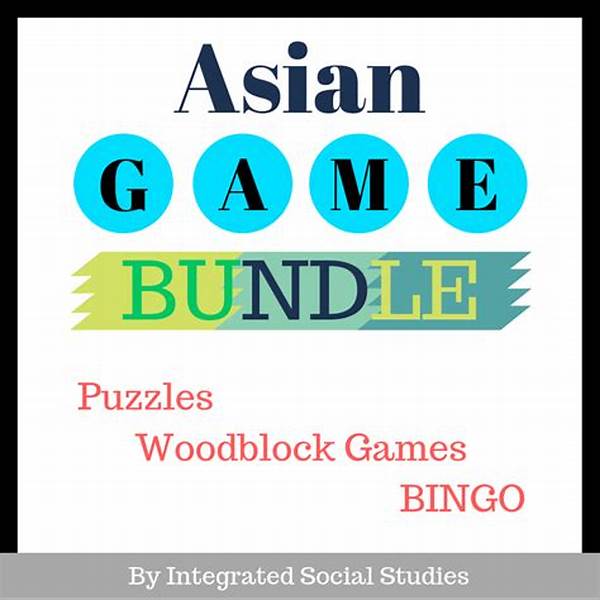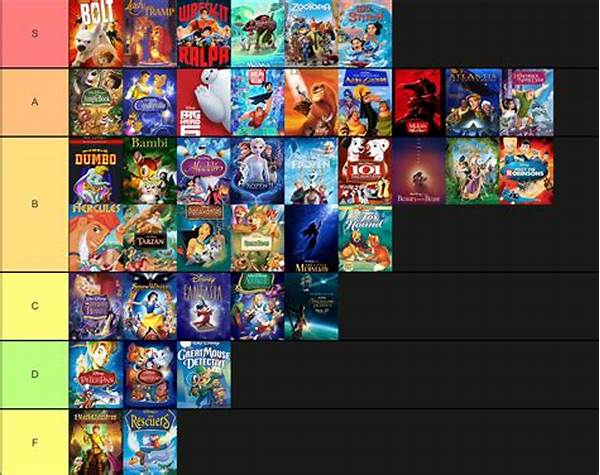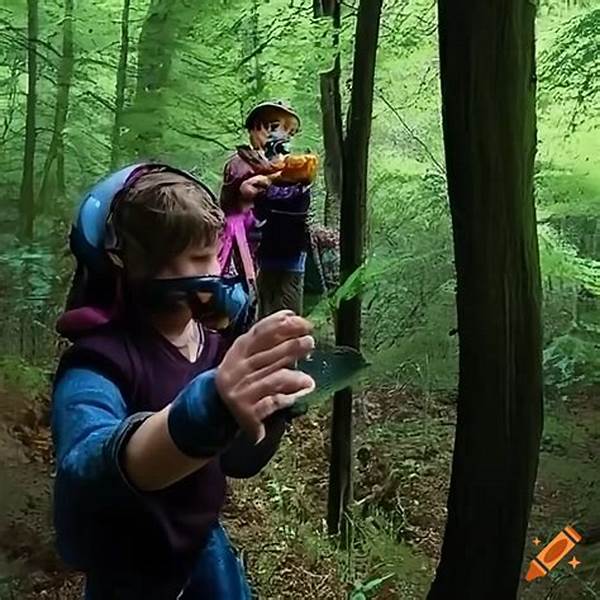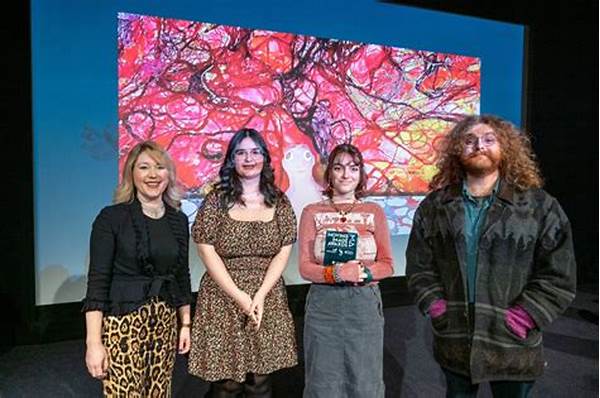Are you tired of seeing students’ eyes glaze over when you start talking about the Industrial Revolution or Ancient Civilizations? What if I told you there’s a way to make history classes not just informative, but insanely fun? Say hello to educational games for history classes! These games take the narrative of past events and transform them into an interactive, engaging experience that speaks the language of today’s students. With gamified learning, history becomes a thrilling adventure rather than just a list of dates and dead people.
Read Now : Fact-based Animated Documentaries
Why You Need Educational Games in Your Classroom
Incorporating educational games for history classes isn’t just a trend—it’s a revolution in teaching! Imagine your students diving headfirst into the French Revolution, negotiating peace treaties like true diplomats, or even becoming pharaohs building ancient pyramids. These games enable students to relive historical events rather than just read about them. It doesn’t just keep them awake; it turns your classroom into a time machine, transporting them back through centuries, getting them to think critically and collaborate with classmates.
Educational games for history classes provide a real-world context for understanding complex historical events. They encourage students to dig deeper, ask questions, and love the process of discovery. When kids actively engage in what they’re learning, they’re not just memorizing facts; they’re understanding the “whys” and “hows” of history. Trust me, once you implement these games, not only do test scores go up, but so do enthusiasm and participation levels. And hey, who doesn’t want to be the coolest history teacher on the block?
Types of Educational Games That Transform Learning
1. Role-Playing Games: Students can become historical figures, making vital decisions that alter the course of events, turning the classroom into a dynamic historical stage.
2. Simulation Games: This allows students to recreate historical scenarios, like running ancient Roman cities, and see how strategies play out over time.
3. Puzzle Games: Challenge students with history-themed puzzles that require them to piece together historical facts, promoting critical thinking.
4. Strategy Games: Games that involve strategy, like Civilization, help students understand the complexity of historical conflicts and negotiations.
5. Quiz-based Games: Interactive quizzes based on historical events that test and reinforce students’ knowledge in a fun way.
Implementing Educational Games in Your History Curriculum
Implementing educational games for history classes is easier than you might think. First, assess the content of your curriculum to identify areas where games would offer substantial benefits. Next, consider gamifying specific units or themes. For instance, your unit on World War II could come alive with strategy-based games where students take on roles as historical leaders.
Partnering these games with traditional teaching methods offers a balanced approach that caters to diverse learning styles. The key lies in selecting games that align with your educational goals. Effective educational games for history classes should not only entertain but also educate, reinforcing historical knowledge and critical thinking. So, don’t wait. Jump on board and revolutionize your teaching methods!
Proven Benefits of Educational Games for History Classes
1. Engagement: Students become more engaged with interactive content.
2. Retention: Information retention increases as students participate actively.
3. Diverse Learning: Catering to different learning styles enhances the classroom experience.
4. Critical Thinking: Encourages problem-solving and analytical skills.
5. Collaboration: Fosters teamwork as students often work in groups.
Read Now : Art-based Historical Revival
6. Feedback: Games provide instant feedback, aiding quicker learning.
7. Safe Environment: Provides a platform for safe trial and error learning.
8. Encouragement: Motivates students to explore beyond textbooks.
9. Skill Building: Develops social and cognitive skills through interaction.
10. Fun Factor: Makes learning enjoyable, keeping students eager for more.
Conquering Challenges with Educational Games
Sure, it’s easy to rave about how awesome educational games for history classes are, but what about the challenges? It’s all about preparation. Without a doubt, the initial setup might take a bit of your time, but think of it as a one-time investment for endless engagement magic! The biggest hurdle is ensuring every game aligns with your curriculum, but with so many resources available, the effort is worth it.
Many teachers start small, using a game for a single unit to test the waters. Fear not! The payoff is massive, with students displaying renewed love for history. Plus, the flexibility of adjustments allows you to tweak elements to better fit the educational context. Remember, change isn’t pain—it’s progress.
Educational Games: The Game Changer for History Lessons
So, you’ve weathered the storm, got over the initial hurdles, and now you’re ready to take the full leap. Thrilled students and bustling classroom energy await you! Understand that the transition is seamless when patience and passion drive it. With each level conquered in those games, students aren’t just learning history—they’re living it.
Educational games for history classes cultivate an environment where curiosity thrives. They offer students a direct connection to the past, fostering a greater appreciation and understanding of the world they live in. So why stick to dusty old textbooks? Ignite a love for history that resonates through the ages. And yes, risks might be involved, but the rewards? Pure gold.
Unleashing Full Potential Through Gamification
Educational games for history classes aren’t just tools—they’re game-changers. By understanding the language of digital natives, these games bridge the gap between traditional learning and modern engagement. Not only do they empower students to take charge of their education, but they also enable a higher degree of empathy and understanding of historical contexts.
The benefits extend beyond academic scores, bringing about a positive shift in social interactions and emotional growth. Through competition, cooperation, and creativity, these games lay groundwork that far outlasts one history class. The transition period to a game-based curriculum might be brief, but the lasting impacts—priceless.



